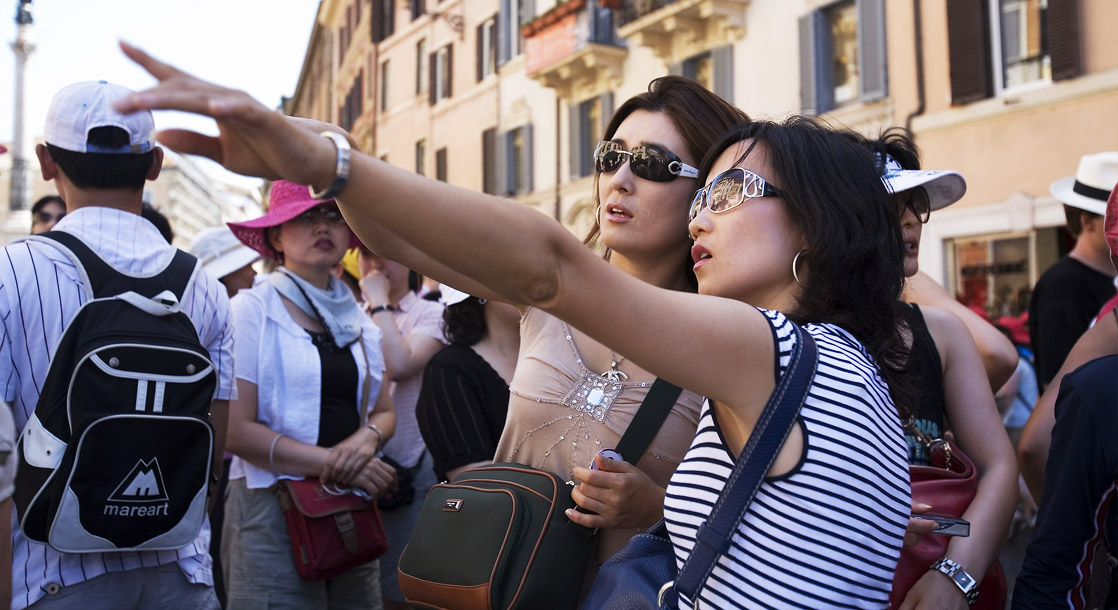Japanese tourists have been keen to vacation in Thailand after the government decriminalized some forms of cannabis earlier this year.
According to Japan Today, droves of young people from Japan — where weed is super-illegal and highly stigmatized — took trips during Silver Week, a September stretch of Japanese holidays. Many arrived in Bangkok, where weed trucks are reportedly hawking a variety of flower to all comers.
That may or may not be a good idea, according to one attorney who also teaches law.
“Upon returning from abroad, one can’t rule out the possibility that people who smoked overseas might be arrested or detained,” Hisashi Sonoda told Japan Today. “So one should not act rashly.”
That’s because Japanese law is unclear on whether one of the country’s citizens can be prosecuted for consuming cannabis even outside the Japanese borders. And some Japanese agencies remain dead set on keeping its population on its toes.
When New York state legalized cannabis in 2021, Japan’s foreign ministry issued a warning to its residents living there that they were still subject to the country’s prohibitionist laws on cannabis — regardless if they were far beyond Japan’s borders while toking. The foreign ministry sent out a similar caution to Japanese citizens when Canada legalized the drug on a federal level in 2018.
No word on whether Japanese officials have issued similar warnings regarding Thailand’s recent cannabis reforms, especially since Thailand is much closer to Japan than the US is. But unlike the governments of weed-legal US states or Canada, the Thai government has stated that it’s not OK with the waves of weed tourists coming to smoke its decriminalized cannabis.
In August, Thai health minister Anutin Charnvirakul — who is among the most prominent, if not the most prominent, weed boosters in the country — said, “We don’t welcome those kinds of tourists,” in reference to travellers looking for ganja.
That turnaround may seem a bit incongruous given that earlier this year Thailand was touting the idea of cannabis tourism zones. But let’s not forget that those zones were focused on medical marijuana. Furthermore, political support for recreational legalization seems to be waning now.
In September, Thai legislators rejected a cannabis regulatory bill, many of whom said they thought it was too amenable to adult-use of weed.
Overseas in Japan, recent years have seen actual increases in cannabis criminalization, by some measures. The country made a record number of weed-related arrests in 2019, representing a 17% increase from the year before. In 2020, the amount of weed extract seized by authorities skyrocketed, up 70 times from the previous year. The rising popularity of cannabis extracts in Japan may be due to increased availability in the US and Canada, not to mention concentrated weed oil may be easier to smuggle than whole pounds of dank flower.
However, Japan’s crackdown on cannabis seems at odds its governments massive investments in cannabis portfolios. For instance, Japan’s Government Pension Investment Fund invested $80 million across three different cannabis companies, including Canada’s global ganja giant, Canopy Growth.
Cover image via











